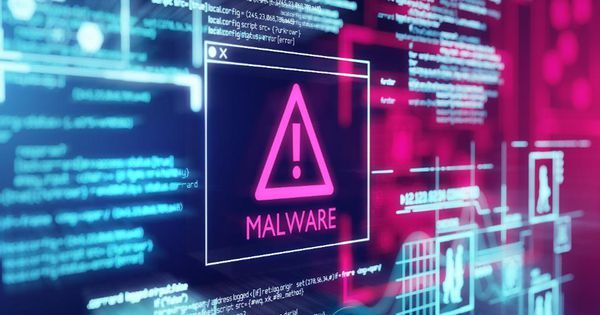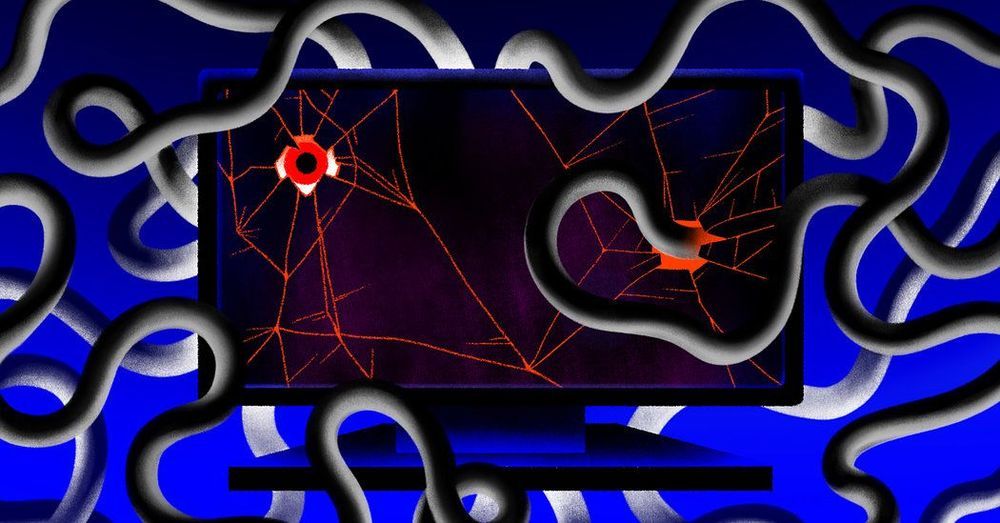Jul 12, 2019
TrickBot malware may have hacked 250 million email accounts
Posted by Genevieve Klien in category: cybercrime/malcode
TrickBot malware may have stolen as many as 250 million email accounts, including some belonging to governments in the US, UK and Canada. The malware isn’t new. In fact, it’s been circulating since 2016. But according to cybersecurity firm Deep Instinct, it has started harvesting email credentials and contacts. The researchers are calling this new approach TrickBooster, and they say it first hijacks accounts to send malicious spam emails and then deletes the sent messages from both the outbox and trash folders.

















